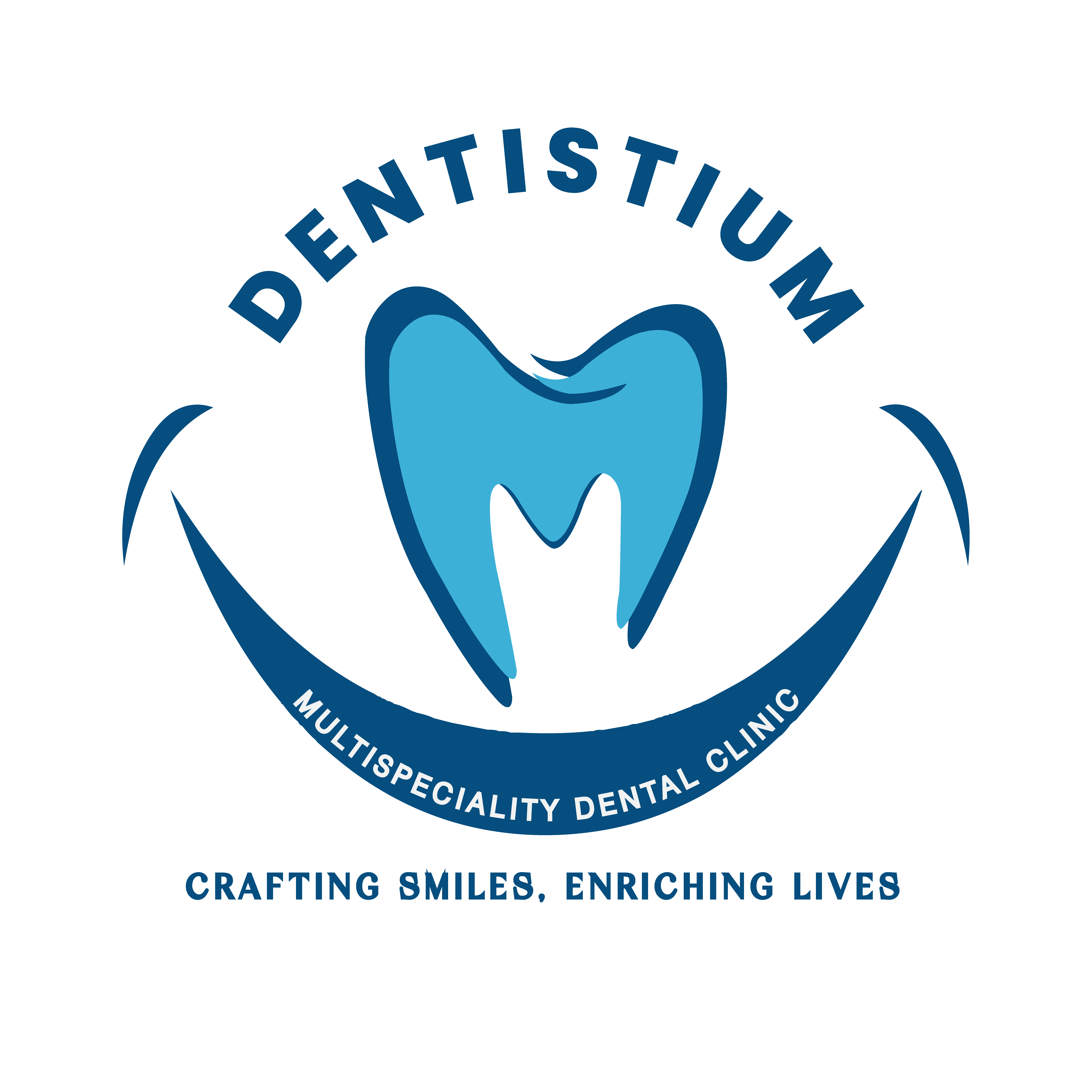Dental Crowns: Restoring Your Smile with Confidence
Dental Crowns: Restoring Your Smile with Confidence
Dental crowns, often referred to as “caps,” are a versatile and essential part of modern dentistry. They play a crucial role in restoring damaged teeth and enhancing the overall appearance of your smile.
What Are Dental Crowns?
A dental crown is a custom-made, tooth-shaped restoration that is placed over a damaged or weakened tooth. It completely encases the visible portion of the tooth above the gumline, providing strength, protection, and aesthetic improvement.
When Are Dental Crowns Recommended?
Dental crowns are recommended in various situations, including:
- Restoring a severely decayed tooth that can’t be repaired with a filling.
- Reinforcing a tooth after a root canal procedure to prevent fracture.
- Protecting and enhancing a tooth with extensive damage or cracks.
- Providing support to a dental bridge or dental implant.
- Improving the appearance of a discolored, misshapen, or poorly aligned tooth.
- Preserving a weakened tooth due to large fillings.
The Benefits of Dental Crowns
Dental crowns offer a range of advantages:
- Restoration of the tooth’s functionality and strength.
- Enhanced aesthetics, resulting in a natural-looking smile.
- Protection of damaged teeth from further decay or damage.
- Long-lasting and durable solution with proper care.
- Improvement in chewing, speaking, and overall oral health.
The Crown Placement Process
The process of getting a dental crown typically involves:
- Evaluation and preparation of the tooth, which may include reshaping it to accommodate the crown.
- Impressions or digital scans to create a custom-fitted crown.
- Temporary crown placement while the permanent crown is fabricated in a dental lab.
- Final placement of the custom crown, ensuring a comfortable fit and natural appearance.
Caring for Your Dental Crowns
Maintaining your dental crowns is essential for their longevity. Practice good oral hygiene, including regular brushing and flossing, and visit your dentist for check-ups and cleanings to ensure your crowns remain in excellent condition.
With dental crowns, you can restore your smile with confidence. If you have damaged or compromised teeth, consult with your dentist to see if dental crowns are the right solution for you.





